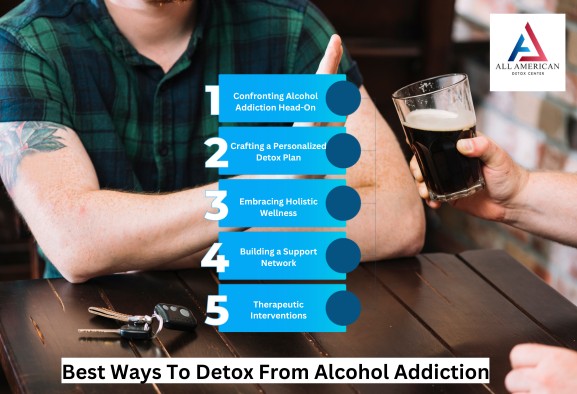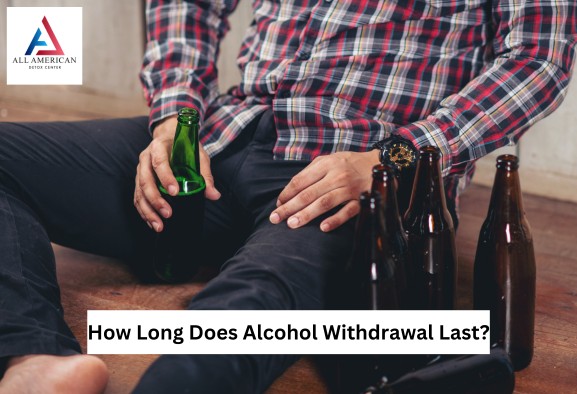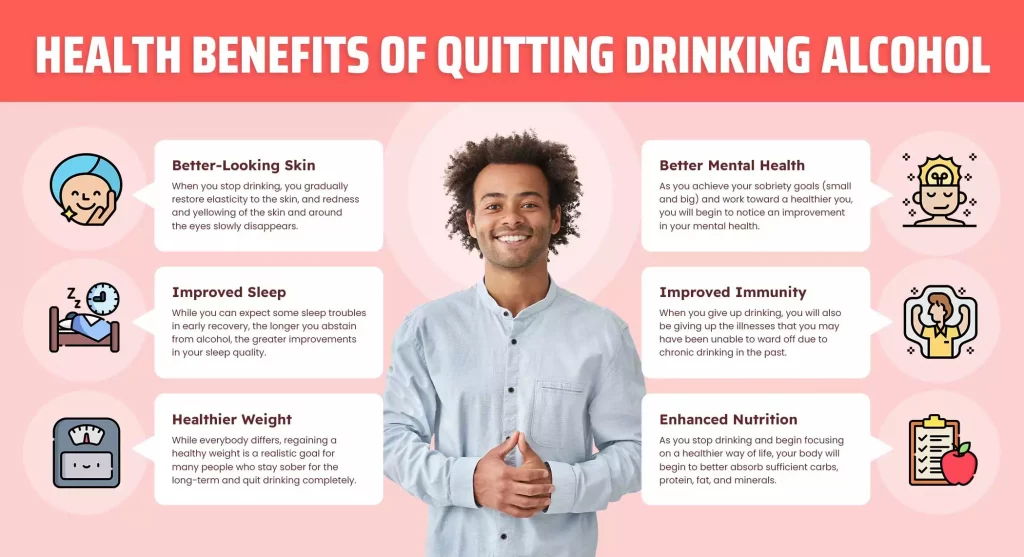When individuals embark on the journey of sobriety, they often find themselves pondering questions such as “How long does alcohol withdrawal last?” and “What is the best way to detox from alcohol?” These inquiries are crucial, as navigating the path to recovery requires a well-informed approach.
In this guide, we, as seasoned experts in the field, aim to provide you with detailed insights into alcohol withdrawal, how to detox from alcohol, and whether detoxing at home is a viable option.
How Long Does Alcohol Withdrawal Last?
Early Stage (First 48 Hours)
The initial phase of alcohol withdrawal typically lasts for the first 48 hours after the last drink. During this time, individuals may experience heightened anxiety, restlessness, and insomnia. The body begins adapting to the absence of alcohol, triggering these early symptoms.
Acute Stage (48 Hours to One Week)
Moving into the acute stage, lasting from 48 hours to around one week, symptoms intensify. High blood pressure, increased heart rate, and elevated body temperature may occur. Delirium tremens, a severe form of withdrawal, is a rare but life-threatening condition that could manifest during this phase.
Post-Acute Withdrawal Syndrome (PAWS)
Even after the acute stage, some individuals may face lingering symptoms known as Post-Acute Withdrawal Syndrome (PAWS). This extended phase can persist for weeks or months, featuring symptoms like mood swings, fatigue, and difficulty concentrating.
Factors Influencing “How Long Does Alcohol Withdrawal Last”
Several factors contribute to the variability in alcohol withdrawal timelines:
Severity of Alcohol Use Disorder
The severity of an individual’s alcohol use disorder plays a pivotal role. Those with a long history of heavy drinking are more likely to experience prolonged withdrawal symptoms.
Individual Health Factors
Personal health factors, including age, overall health, and the presence of underlying medical conditions, can influence the duration and intensity of alcohol withdrawal.
Medical Intervention and Support
Seeking medical assistance during withdrawal can significantly impact its duration. Professional guidance and support mitigate risks and enhance the overall withdrawal experience.
What Are The Best Ways To Detox From Alcohol Addiction

Alcohol addiction can be a formidable foe, but with the right strategies, breaking free from its grasp is entirely possible. These are the best ways to detox from alcohol addiction at All American Detox:
Confronting Alcohol Addiction Head-On:
Breaking the chains of alcohol addiction begins with understanding the challenges it presents. Acknowledge the impact it has on your physical and mental well-being. By facing the reality of your addiction, you pave the way for a successful detox.
Seeking Professional Guidance at All American Detox:
Enlisting the support of a reputable rehabilitation center is a crucial step in your detox journey. Trained professionals can provide personalized strategies and a safe environment for detoxification. Explore rehab options that align with your needs and goals.
Crafting a Personalized Detox Plan:
A one-size-fits-all approach doesn’t work in alcohol detox. We at All American Detox develop a personalized detox plan with the help of professionals. Consider factors like the severity of your addiction, medical history, and personal preferences. A customized plan increases the likelihood of a successful detox.
Embracing Holistic Wellness:
Detoxification extends beyond physical abstinence. Embrace a holistic approach that nurtures your mind, body, and soul. Incorporate healthy habits such as regular exercise, nutritious meals, and mindfulness practices. This comprehensive approach strengthens your resolve and promotes overall well-being.
Building a Support Network:
Recovery doesn’t happen in isolation. Surround yourself with a supportive network of friends, family, and fellow recovery seekers. Share your journey, celebrate milestones, and lean on your support system during challenging times. Connection is a powerful catalyst for lasting recovery.
Therapeutic Interventions:
It plays a pivotal role in alcohol detox. Explore evidence-based approaches like Cognitive Behavioral Therapy (CBT) to address underlying issues contributing to addiction. Professional guidance can help you navigate the complexities of your emotional landscape.
Post-Detox Strategies for a Lasting Recovery
Successfully detoxing from alcohol is a significant achievement, but maintaining sobriety is an ongoing process. Implement post-detox strategies, such as continuous therapy, support groups, and lifestyle adjustments. Consistency is key to building a foundation for lasting recovery.
Can You Detox from Alcohol at Home?
The question of whether one can detox from alcohol at home is a contentious topic. While some individuals may opt for a home detox, it comes with inherent risks. Without proper medical supervision, the severity of withdrawal symptoms can escalate, leading to potentially dangerous situations.
The Importance of Professional Guidance
Choosing to detox at home should not be taken lightly. Seeking guidance from a healthcare professional is crucial to assess the individual’s suitability for home detox and establish a tailored plan that prioritizes safety and success.
Alcohol Addiction Recovery at All American Detox
Choosing the path of recovery from alcohol addiction is a courageous and transformative decision. At All American Detox, we understand the challenges individuals face during this crucial journey, and we are committed to providing unparalleled support and personalized care.
Completing a detox program is just the beginning. At All American Detox, we emphasize the importance of aftercare and ongoing support. Our team collaborates with clients to develop personalized aftercare plans, ensuring a smooth transition into a sober and fulfilling life.
Conclusion
Understanding the intricacies of alcohol withdrawal is paramount for those on the path to recovery. From the duration of withdrawal to the best practices for detox, our comprehensive guide aims to equip individuals with the knowledge needed to make informed decisions.
Remember, seeking professional help is always advisable to ensure a safe and successful detoxification process.





